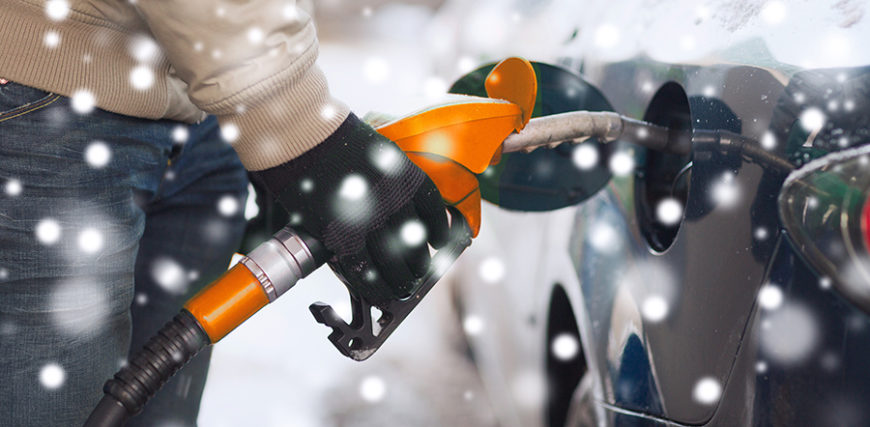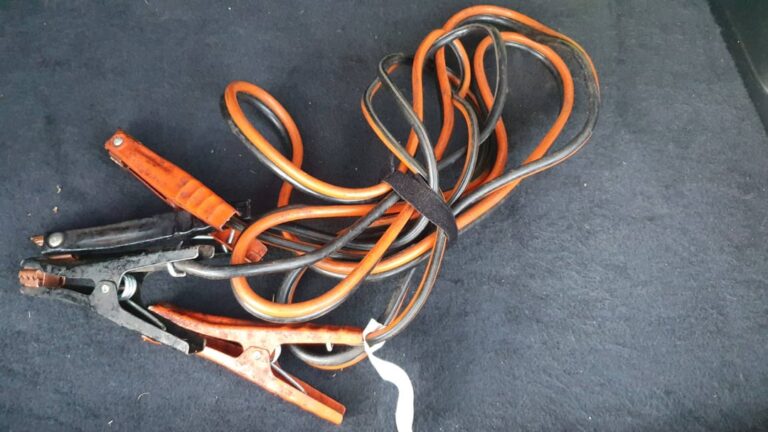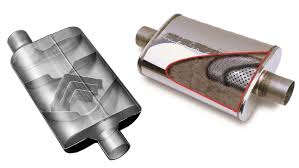Does Gasoline Freeze in Winter?

Gasoline is the lifeblood of vehicles, powering engines to keep them running smoothly. As temperatures drop during winter, many drivers wonder: Does gasoline freeze in winter? Understanding how gasoline behaves in cold weather can help you avoid issues and keep your car performing well even in frigid conditions.
In this article, we’ll discuss whether gasoline can freeze, the science behind its freezing point, and how to protect your car during winter.
Can Gasoline Freeze?
Gasoline doesn’t freeze in the same way as water. Unlike water, which freezes at 32°F (0°C), gasoline has a much lower freezing point. This means that, under typical winter conditions, you’re unlikely to see gasoline in a solid, frozen state.
Freezing Point of Gasoline
Gasoline is a complex mixture of hydrocarbons, and its freezing point depends on its composition. On average, gasoline begins to freeze at around -40°F to -60°F (-40°C to -51°C).
While temperatures this low are rare in most parts of the world, they can occur in extremely cold climates like Siberia, Alaska, or northern Canada.
Why Gasoline Doesn’t Freeze Easily
Gasoline is made up of various hydrocarbon molecules, including:
- Heptane
- Octane
- Isobutane
These molecules have different freezing points and properties, which contribute to gasoline’s low overall freezing point. Additionally, gasoline contains additives such as ethanol, which further lower its freezing point and prevent it from solidifying in most conditions.
Does Cold Weather Affect Gasoline?
While gasoline doesn’t freeze easily, cold weather can still impact its performance.
Effects of Cold Temperatures on Gasoline:
- Thickening:
- Gasoline doesn’t solidify in winter, but it can become thicker and less volatile at extremely low temperatures. This can make it harder for your car to start.
- Water Contamination:
- Gasoline can absorb moisture from the air. In cold weather, this water can freeze, leading to issues like fuel line freeze-ups.
- Decreased Fuel Efficiency:
- Cold temperatures can reduce fuel efficiency as your car consumes more gasoline to warm up and operate efficiently.
How to Prevent Winter Gasoline Issues
To avoid problems with gasoline during winter, follow these tips:
1. Keep Your Gas Tank Full
- A fuller tank reduces the chances of condensation forming inside, which can lead to water contamination and freezing.
2. Use Winter-Grade Gasoline
- Gasoline blends vary by season. Winter-grade gasoline is formulated to remain volatile and perform well in cold temperatures.
3. Add a Fuel Additive
- Products like fuel-line antifreeze or gasoline stabilizers can help prevent freezing and keep your fuel system clean.
4. Park in a Garage
- Parking in a heated or insulated garage can protect your car and fuel system from extreme cold.
5. Regular Maintenance
- Check your fuel lines, filters, and other components regularly to ensure they are in good condition and free from blockages.
FAQs
1. At What Temperature Does Gasoline Freeze?
Gasoline typically freezes at temperatures between -40°F to -60°F (-40°C to -51°C).
2. Can Gasoline Freeze in My Car?
In most regions, it’s highly unlikely for gasoline to freeze inside your car. However, water in the fuel system can freeze and cause issues.
3. What Happens if Gasoline Freezes?
If gasoline were to freeze, it would form a gel-like substance, preventing it from flowing through the fuel system. This could make starting and running your vehicle impossible.
4. How Can I Prevent Fuel Line Freezing?
Use a fuel-line antifreeze additive and keep your tank at least half full during winter.
5. Does Ethanol in Gasoline Affect Freezing?
Yes, ethanol lowers the freezing point of gasoline and helps prevent it from freezing in cold conditions.
Conclusion
Although gasoline has a freezing point, the temperatures required to freeze it are far lower than what most drivers will encounter during winter. However, cold weather can still impact the performance of gasoline and your vehicle. By taking preventative measures such as keeping your tank full, using winter-grade gasoline, and adding a fuel-line antifreeze, you can ensure that your car runs smoothly even in harsh winter conditions.
Understanding how gasoline behaves in winter can save you from unexpected issues and keep your vehicle reliable throughout the cold season. Stay prepared and drive safe!
Also Check:






One Comment